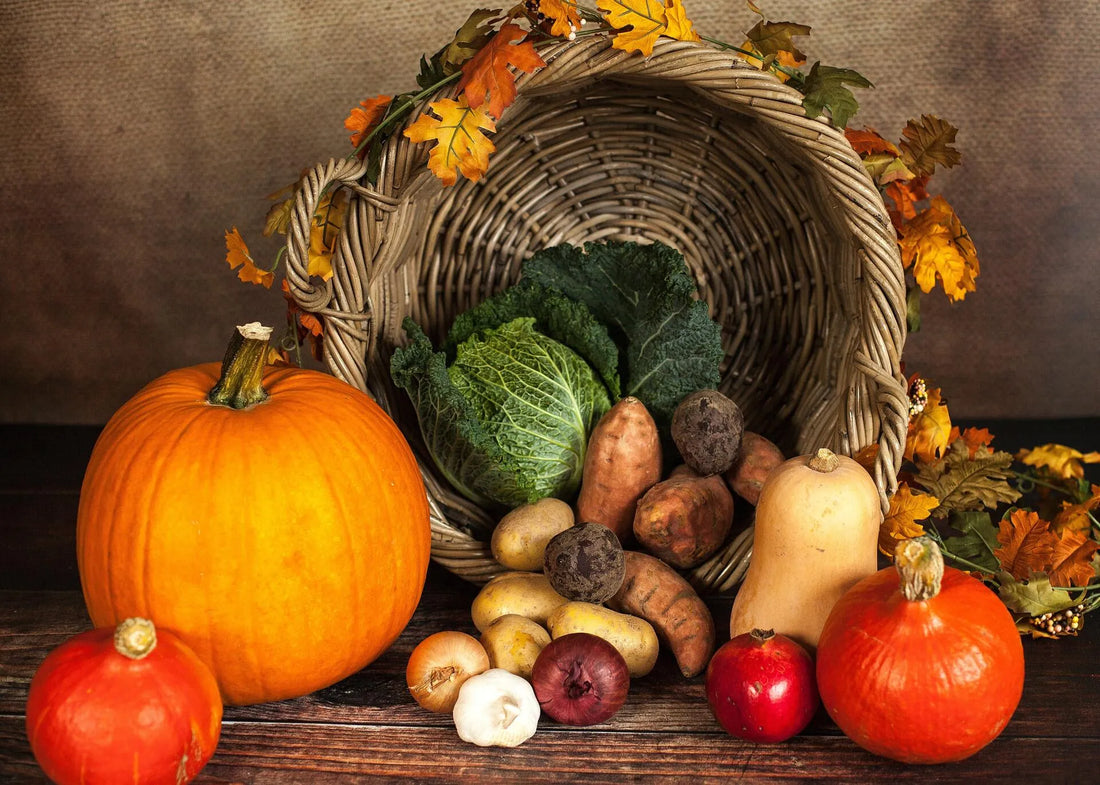Let's support our all-important bees and our needs...
You have heard it before, and maybe in our last blog on pesticides, that organic is the way to go.
Pesticides in the farming industry and our gardens are damaging to our bees' reproductivity, forging ability and immune response to fight off parasites. Over 50% of aubergines, lettuce, spinach, and potatoes had at least one of the 3 largest bee-killing neonic insecticides that are banned in Europe but still allowed in the US.
 the future of farming
the future of farming
 Dave Goulson
Dave Goulson
Photographs from our attendance of #TheBigBuzz Conference and Fringe Festival. Discussing the threats to pollinators, including pesticide use and how to work alongside nature with love and respect.
For us, pesticides are responsible for millions of poisoning cases around the globe with many increased health issues and diseases from pesticide-contained food, such as increased cardiovascular disease.
But going organic is expensive, and the 2022 retail sales of meat and dairy are higher after the pandemic.
That's why we have created this brief guide to help you go organic on a budget.
What Does 'Organic' Mean?
Organic food is produced without synthetic pesticides, fertilizers, herbicides or GMOs (bioengineered genes). Organic dairy, eggs and meat must be produced in the most natural environment too.
Organic food is also:
-
Often fresher
Due to the lack of preservatives used.
-
Is nicer for the environment
As organic farming can use less energy, water, pollution and decrease soil erosion.
-
Better for the animals
Since they get better living conditions and aren't given growth hormones, animal by-products and antibiotics that increase the risk of disease and create antibiotic-resistant bacteria.
-
Richer in nutrients
Studies have shown that organic meat and milk contain 50% more omega-3 fatty acids than non-organic foods.
 Image by sandid of persea americana avocados growing on a farm in South America.
Image by sandid of persea americana avocados growing on a farm in South America.
But why is organic food so expensive?
It is harder to grow organic food without such pesticides, drugs etc… Supermarkets will also price discriminate due to the demand for organic food being higher than the supply.
The Dirty Dozen
But don't worry! You can look to buy the organic versions of specific fruits and vegetables that are high in pesticide contamination.
Out of the 46 foods tested by the EWG, here are the 'Dirty Dozen' to buy organic:
- Tomatoes
- Celery
- Grapes
- Apples
- Cherries
- Nectarines
- Kale, Collard and Mustard Greens
- Strawberries
- Bell and Hot Peppers
- Peaches
- Spinach
- Pears
 Image by Elaine Casap of two hands holding freshly picked tomatoes.
Image by Elaine Casap of two hands holding freshly picked tomatoes.
The Clean 15
Another way to get the freshest food and be as organic as possible is to buy the 'cleanest' foods that don't have a lot of pesticide residue. 70% of the EWG's 15 items listed below had no detectable residues of pesticides. Yum!
Each year, new pesticide tests are done and in 2022, cauliflower, broccoli and aubergines were removed from the 2021 'Clean 15' list. This is because they haven't been regularly tested in the last 6-14 years and recent testing has found new levels of banned pesticides that can affect our nervous systems in our US and European crops.
Here is the 2022 updated 'clean' list to stock up on:
- Mango
- Watermelon
- Cantaloupe Melon
- Honeydew Melon
- Sweet Potatoes
- Avocado
- Sweet Corn
- Kiwi
- Mushroom
- Cabbage
- Pineapple
- Onions
- Frozen Sweet Peas
- Asparagus
- Papaya
 Image by Couleur of a Papaya cut in half
Image by Couleur of a Papaya cut in half
Further Tips
With the current living crisis, more people need a budget-friendly way of getting healthier, organic food. The best ways to do this are to make sure you are aware of which foods have the highest pesticide residue and prioritise these in your organic budget. Beyond that, you can also join a food co-op, buy in season, visit your local farmer's market, or become part of a Community Supported Agriculture farm.
Always look to compare prices between stores and shop the frozen ranges too since these can be just as fresh as organic as they are frozen at the time of harvest. Picking frozen versions from the 'Clean 15' list will ensure you get the least pesticide contamination.
We hope this helps you make the best impact on your health and our bees!



1 comment
This article is so informative and interesting. And thank you for listing the most ‘unfriendly’ foods that can harm bees because of the pesticides. I shall definitely buy the organic versions in future. Very educational, thank you